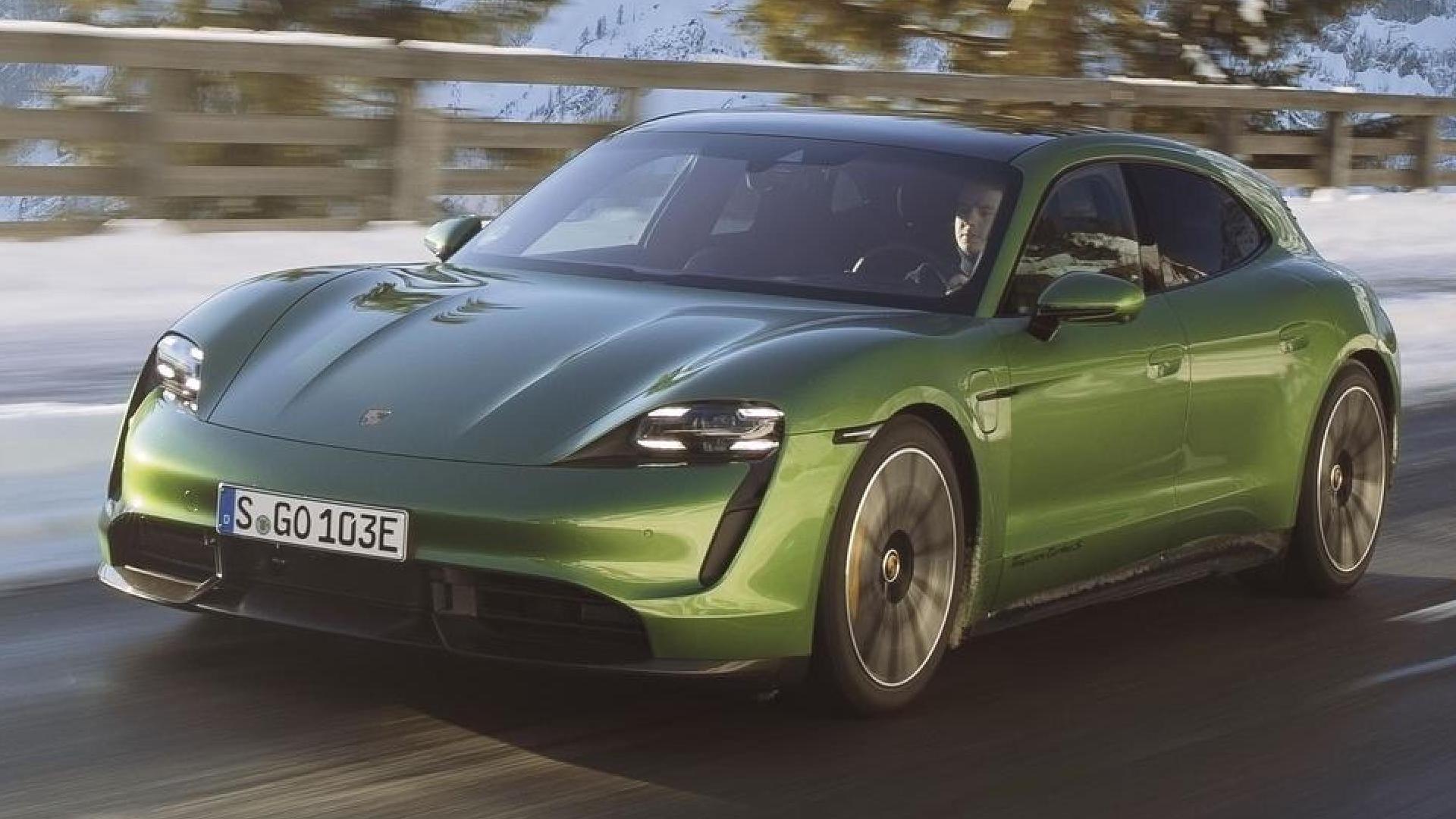

Germany asked the European Union this week for an exemption to its 2035 ICE ban to sell vehicles burning CO2-neutral fuel. It would grant the country’s automotive industry breathing room as it seeks a less potentially disruptive solution to reducing CO2 emissions.
Last year, the E.U. announced a plan to ban the sale of new internal combustion-engined vehicles from 2035. Germany, whose auto industry generated $410.9 billion, accounting for over a fifth of the nation’s industrial GDP according to Germany Trade & Invest, has much to lose if the ban proceeds and it can’t supplant its current ICE sales with zero-emissions alternatives. Earlier this month, Germany’s transportation secretary expressed an interest in an exemption for synthetic fuel-burning vehicles. Now, the country has formally asked for that according to Reuters.
“The commission should come forward with a proposal [on] how e-fuels can be used, or how combustion engines which are run with climate-neutral fuels can be can be organized,” said Michael Theurer, the German secretary for transport. “We need hydrogen [fuel cell] technology and also e-fuels, especially in heavy vehicles, in truck transport.”

Synthetic fuels (also called e-fuels) are manufactured by CO2 capture and are theoretically CO2-neutral (or near it) over their lifespan. If manufacturers are otherwise compliant with the ban, it reportedly can accommodate exemptions for synthetic fuels. Exemptions for CO2-emitting vehicles from low-volume manufacturers were enacted earlier this month, though complete exemption is limited to makes with an annual production of 1,000 vehicles or fewer.
However, the “E” in e-fuel stands for electricity and electricity generation in Germany is far from carbon-free today. According to the International Energy Agency, carbon-neutral energy (nuclear and renewable) made up the two smallest sources of German energy in 2021, totaling barely more than biofuels and waste. Germany aims for 80% renewable energy share by 2030 according to Clean Energy Wire, though its initial commitment to 100% by 2035 has reportedly encountered resistance from politicians.
Got a tip or question for the author? You can reach them here: james@thedrive.com